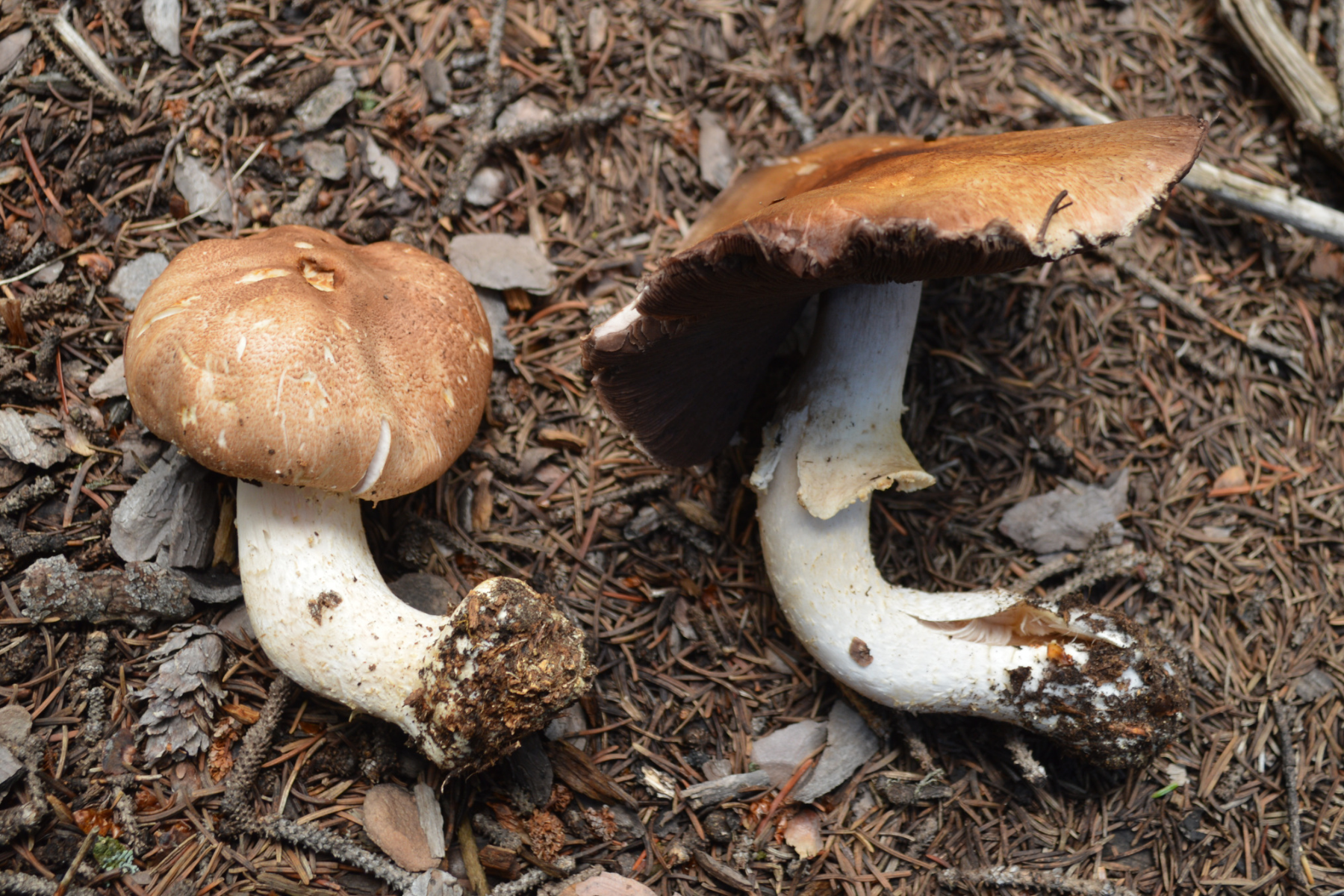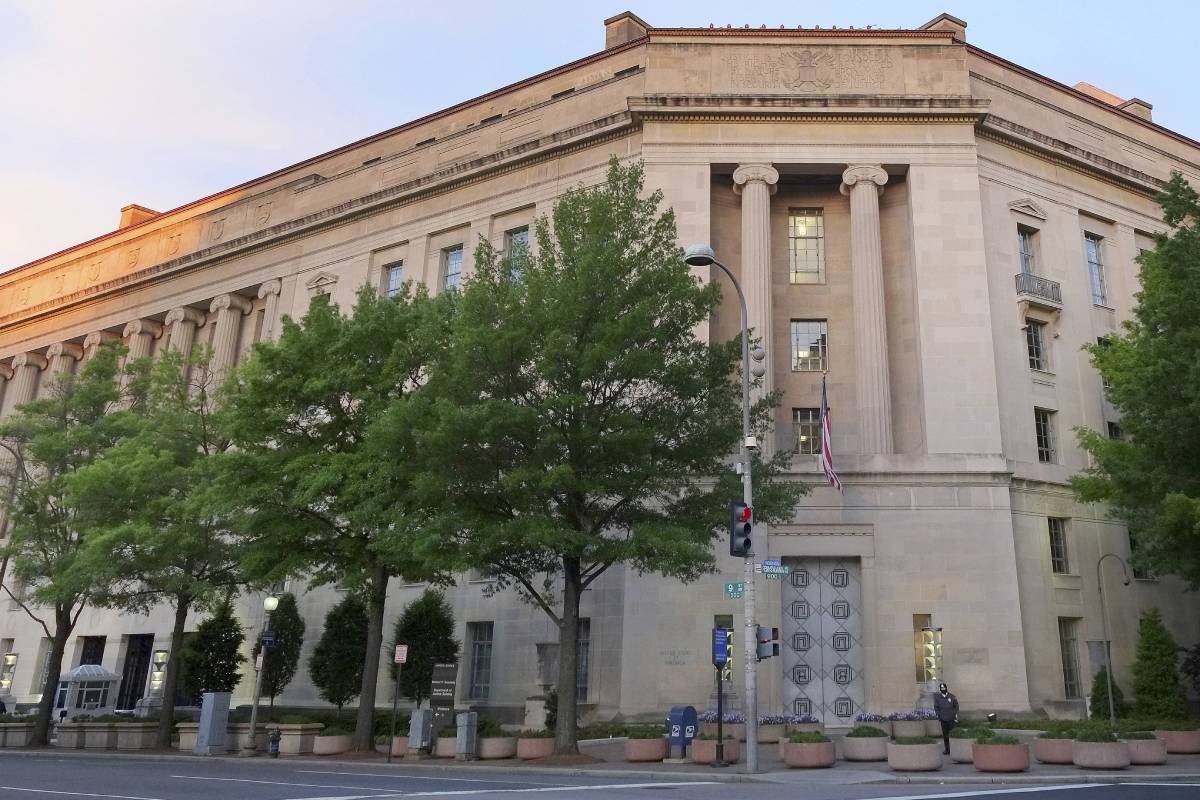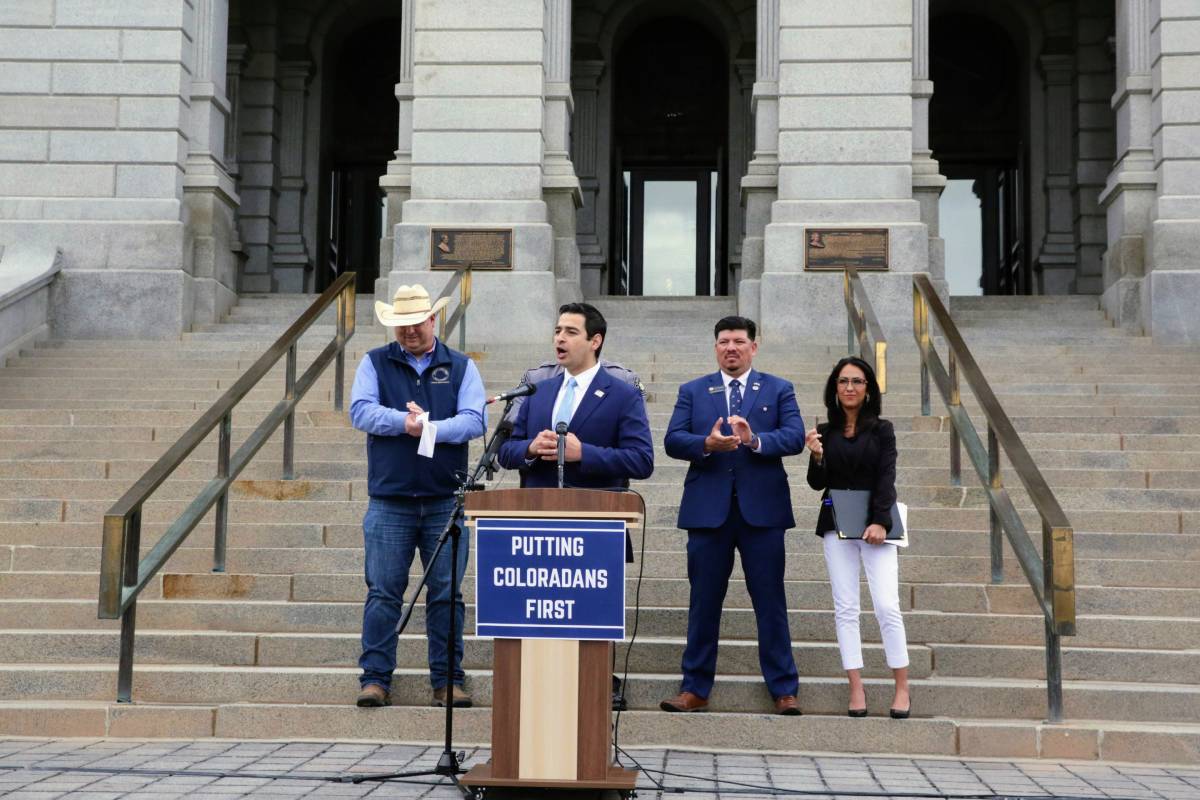
2025 seems well on its way to becoming the Year of the Mushroom in Colorado, with the psilocybin rollout already underway.
But this is a different kind of mushroom story.
State lawmakers are working to declare an official state mushroom: Agaricus julius, or the emperor mushroom.
Democratic Rep. Jacqueline Phillips is sponsoring the bill HB 1091, in an effort to show students from her district in Thorton how the legislative process works. She visited the politics club at Horizon High School and got an earful about the need to name a state mushroom.
“For them to actually see how a bill gets passed firsthand, that's the piece I really love,” said Phillips.
Students from the club were at the Capitol Monday for the bill’s first hearing.
9th grader Delilah Viano told lawmakers she was excited to participate in something that could affect the whole state.
“I don’t really have a personal connection to mushrooms, because all I’ve really seen are one on the store shelves,” said Viano. But “we think mushrooms are pretty cool — especially the weird looking ones because they look really pretty funny.”
She noted that the top of the emperor mushroom looks “like a toasted marshmallow, and everyone goes camping in the mountains, so that’s pretty cool.”
On a more serious note, Viano and other students testified that having a state mushroom might lead teachers to include more information about fungi and their role in the environment in their curricula, without costing the state any extra money.
Colorado currently has four official symbols from the plant kingdom and eight from the animal kingdom. Naming an official mushroom would add a third kingdom of life to the parade of state symbols, noted the students’ Civics teacher, Greg Sanchez.

The bill notes that the Agaricus julius is sometimes jokingly referred to as “the Emperor formerly known as Prince.” The nickname is a nod to the fact that the Agaricus julius was not identified as a separate species in Colorado until 2016. Before then, mycologists had thought it was a variety of Agaricus augustus, which is nicknamed “The Prince.”
Some qualities that pushed the Araguis julius to the forefront of the pack, when it comes to naming an official Colorado mushroom, are that it’s edible, recognizable and works as natural fire mitigation. It’s a saprotrophic fungus, meaning it naturally decomposes plant material in forests.
Andrew Wilson, an associate curator of mycology at the Denver Botanical Gardens, said researchers have been working on the potential usage of mushrooms to keep forest fires safe.
”There are several projects and several researchers around the state that are trying to figure out ways to deploy fungi so that they can help speed up the composting process of all this excess woody debris that might lead to catastrophic forest fires,” Wilson said. “Agaricus julius, specifically, is a wood-decomposing fungus. It's a litter decayer or it helps recycle all of this excess carbon left over by dead woody debris.”

The Colorado State Joint Mushroom Committee is backing the effort to recognize the emperor mushroom, with a petition for the state mushroom as well as efforts to further fungi research. Committee member Amy Lee Foster said that, due to mushrooms' presence in different parts of Colorado life, it’s time for the state to have an official mushroom emblem.
“States across the nation are starting to recognize fungi and mushrooms in their state emblems. It's time for Colorado to be a part of that movement,” Foster said. “Mushrooms play a critical role in our environment by helping maintain the health of our mountain forests and all of our ecosystems, to playing an important role in Colorado culture from encouraging outdoor recreation in the form of foraging and hiking. They also play an important role in the culinary arts.”
If the bill passes, Colorado will be only the eighth state to declare an official state mushroom and the only one to choose a member of the Agaricus family for that honor. It’s a trend that’s picking up steam though. Sanchez noted that a couple of other species his class originally considered have since been picked by Utah and California for their state mushrooms.
“I like to study mushrooms because of the promise they have as a sort of little biochemical factory,” Wilson said. “There's just a lot of unknown potential in something like the kingdom fungi and it's exciting that the rest of the world is waking up to this fact in this reality. It's a good time to be a mycologist.”









